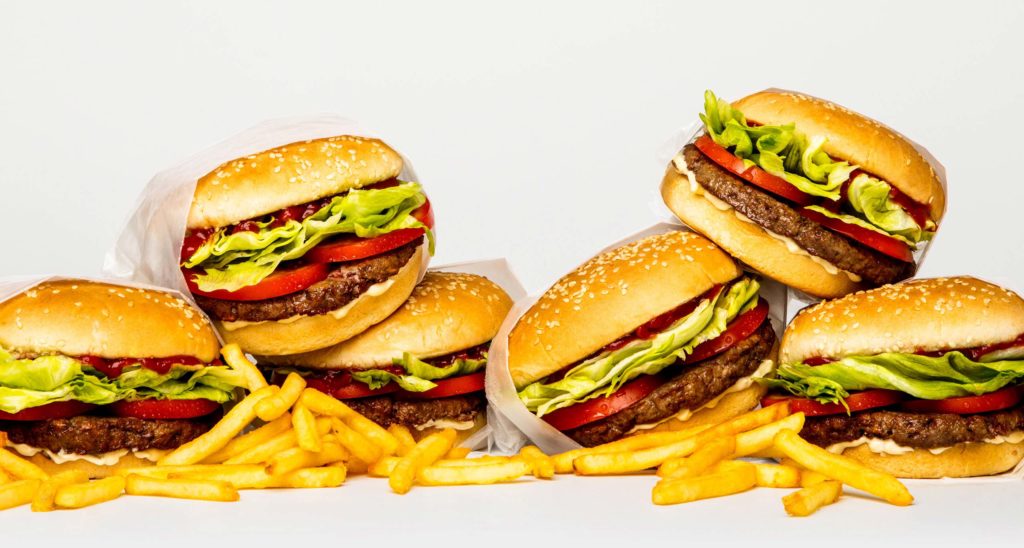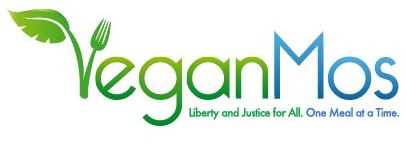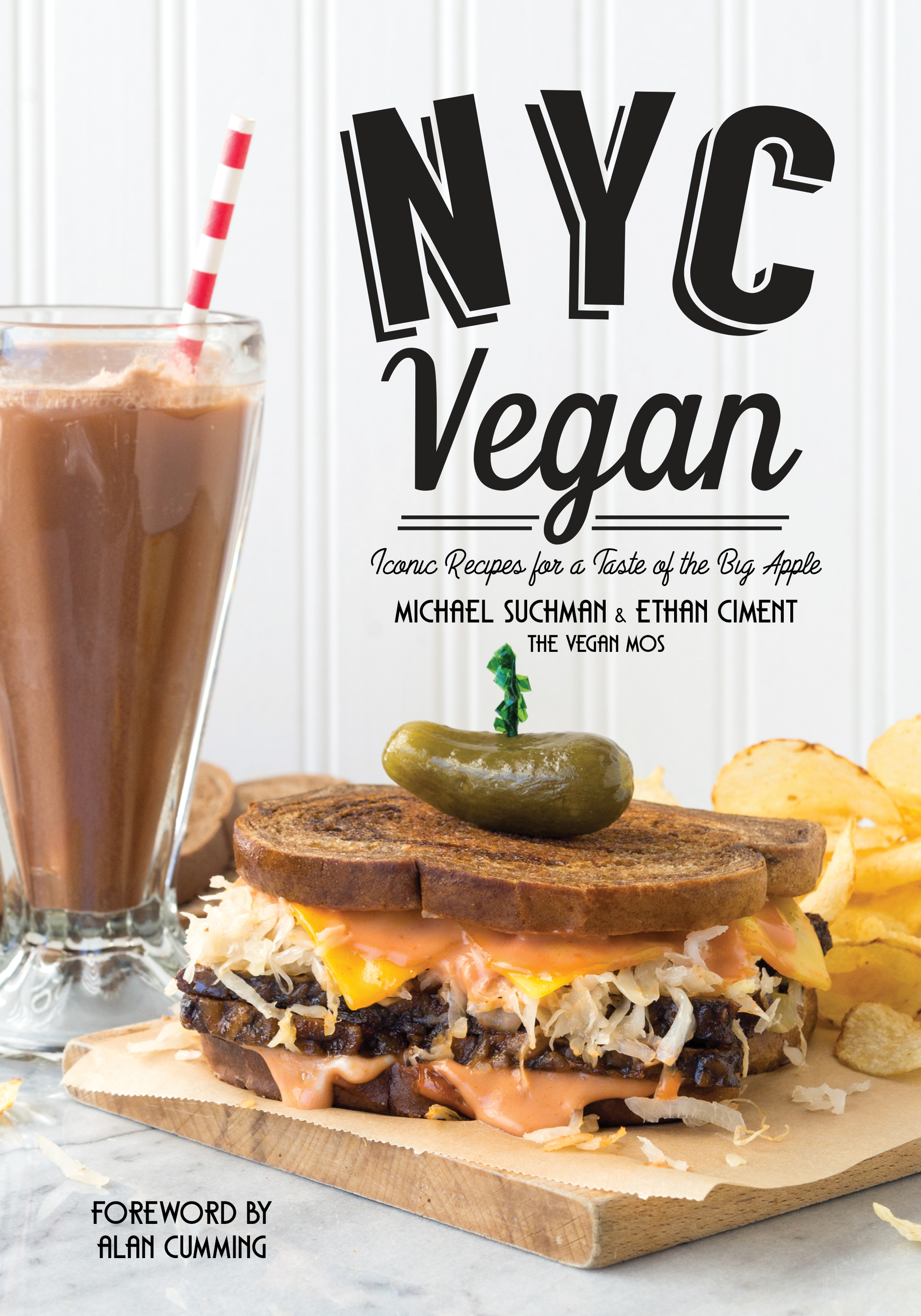It’s likely you have heard about The Impossible Burger, the plant-based burger that seems to be all the rage with omnivores and many vegans, as well. Made entirely from plants, this burger “bleeds” thanks to the plant-based heme in the burger. Because Impossible Foods used this heme, to comply with federal food safety guidelines it was forced to follow FDA guidelines and perform a limited animal-study on rats. It’s a tricky position which is explained well in a statement by Impossible Foods founder and CEO Pat Brown, an over 40 year vegetarian and now 15 year vegan. This burger has become the center of a firestorm in the vegan community with many criticizing the company and arguing that the burger, while plant-based, is not vegan. We tend to agree with that assessment. Much like the antibiotics other other medications we take when we are ill, though they might be entirely composed of synthetic or plant-based components, they are tested on animals and are therefore not vegan. But that doesn’t stop us from taking an Excedrin when we have a migraine or an antibiotic when we have an infection. As Colleen Patrick Goudreau wisely points out, there is no such thing as a perfect vegan and “if perfection and purity are what you’re trying to attain in a world that is by its nature imperfect, then I’m afraid you’ll be gravely disappointed.” There’s also a significant difference between making ethical compromises because of a need versus a desire. If you’re ill with a raging bacterial infection, you need to take an antibiotic (tested on animals) to fight the infection and live. But that’s different between choosing to eat a food item with a component that was tested on animals.
Before we go any further, let’s answer some question you might have: Have we tried The Impossible Burger? Yup. Did we enjoy it? Sure did. Do we see it as a real potential game-changer in the effort to bring more similar-tasting plant-based alternatives to traditional animal foods? Hell yeah, and we genuinely want them to succeed. Why did we eat this if it’s been tested on animals? Because at the time we tried it, we didn’t know that. Would we eat it again? Under the right circumstances, sure. However, when there’s a company like Beyond Meat who, like Impossible Foods, seeks to eliminate the exploitation of animals in our food system and the reduce the destructive impact of animal farming on our environment, and it has an amazingly delicious product like the Beyond Burger which was not tested on animals, it’s a no-brainer that we vegans preferentially want to support them, promote them and eat it.
We obviously understand the value of companies like Beyond Meat and Impossible Foods teaming up with large animal-procuring restaurants and fast food chains in order to get their plant-based products to a wider array of non-vegans. We totally support them in doing this. After all, these products were not brought to market with an intent on feeding vegans. They exist primarily to help non-vegans choose animal-alternative foods. So when a huge national chain like White Castle starts offering a plant-based burger option, we celebrate this development because it means their non-vegan customers will now have an opportunity to make a different choice and choose a animal-free option. But make no mistake about it, White Castle is still who it always has been; a fast food chain selling ground up cows since 1921, making Americans sick on its food product that exploits both the animals it serves and the human workers who struggle working at minimum wage.
We have been super distressed watching our social media feeds fill up this weekend with images of ethical vegans running to White Castle to try this plant-based burger, when in fact, most of them have already tried the Impossible Burger at other places so it is not a “new” thing for them. When the Impossible Burger first came out, it was only available at non-vegan restaurants, so promoting the burger at those places made sense. But now, seeing vegans run to eat the Impossible Burger here in New York City at White Castle or Bareburger, as opposed to running to order it at Marty’s V Burger, feels problematic to us. If we vegans want to eat these plant-based foods that’s fine, but we must consider the effect of being used through our social media to promote businesses like Bareburger and White Castle, who have made bank on a business model of animal exploitation. We vegans could choose to promote consuming these same foods at smaller and struggling vegan establishments rather than at a national fast food chain that exploits animals and human workers. If all the vegans who went to White Castle for an Impossible Burger this past weekend went to enjoy it at Marty’s V Burger instead, his business would boom and his ongoing stress of dealing with monthly operations would be lessened. We NYC Vegans could also choose to have our Beyond Burgers at Marty’s or at P.S. Kitchen, instead of animal-procuring Bareburger. The amount of FREE advertising national fast food chains are getting from vegans is astounding. These companies have huge advertising budgets and do not need our help. We should focus on helping vegan businesses that literally count on every dollar just to stay open.
What we eat is a most personal choice and we’re not interested in telling vegans that they “should” or “should not” eat an Impossible Burger versus a Beyond Burger versus a Marty’s V-Burger (our personal favorite). Nevertheless, we do want to point out the importance of seeing ourselves as conduits of advertising through our use of social media. Like it or not, what we choose to share online we promote through our own sphere of influence. It’s really wonderful to let our non-vegan friends and family know about vegan options in their favorite non-vegan restaurants, and encourage them to try these options. It is even better, for us as ethical vegans to enjoy and promote these options in vegan establishments. We should always seek to promote plant-based food options everywhere. However, we don’t need to promote the companies that sell them. As long as we continue to live in a consumerist culture, we are voting with our dollars. Let’s spend them on vegan businesses rather than enriching the massive food chains who will take those dollars but continue to exploit animals.

The Impossible Burger has done the seemingly impossible task of bringing vegans into animal-burger and fast food joints, everywhere.




